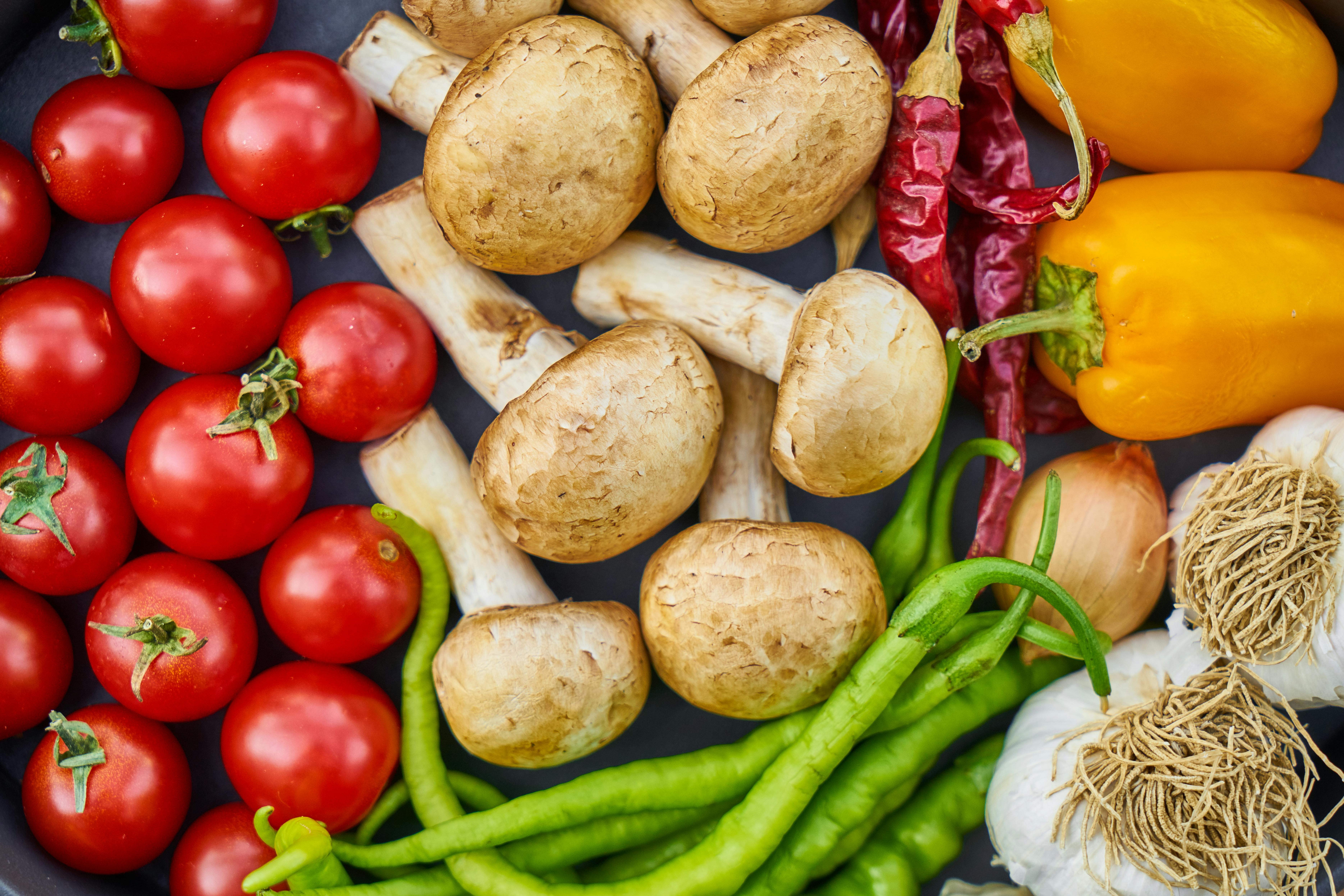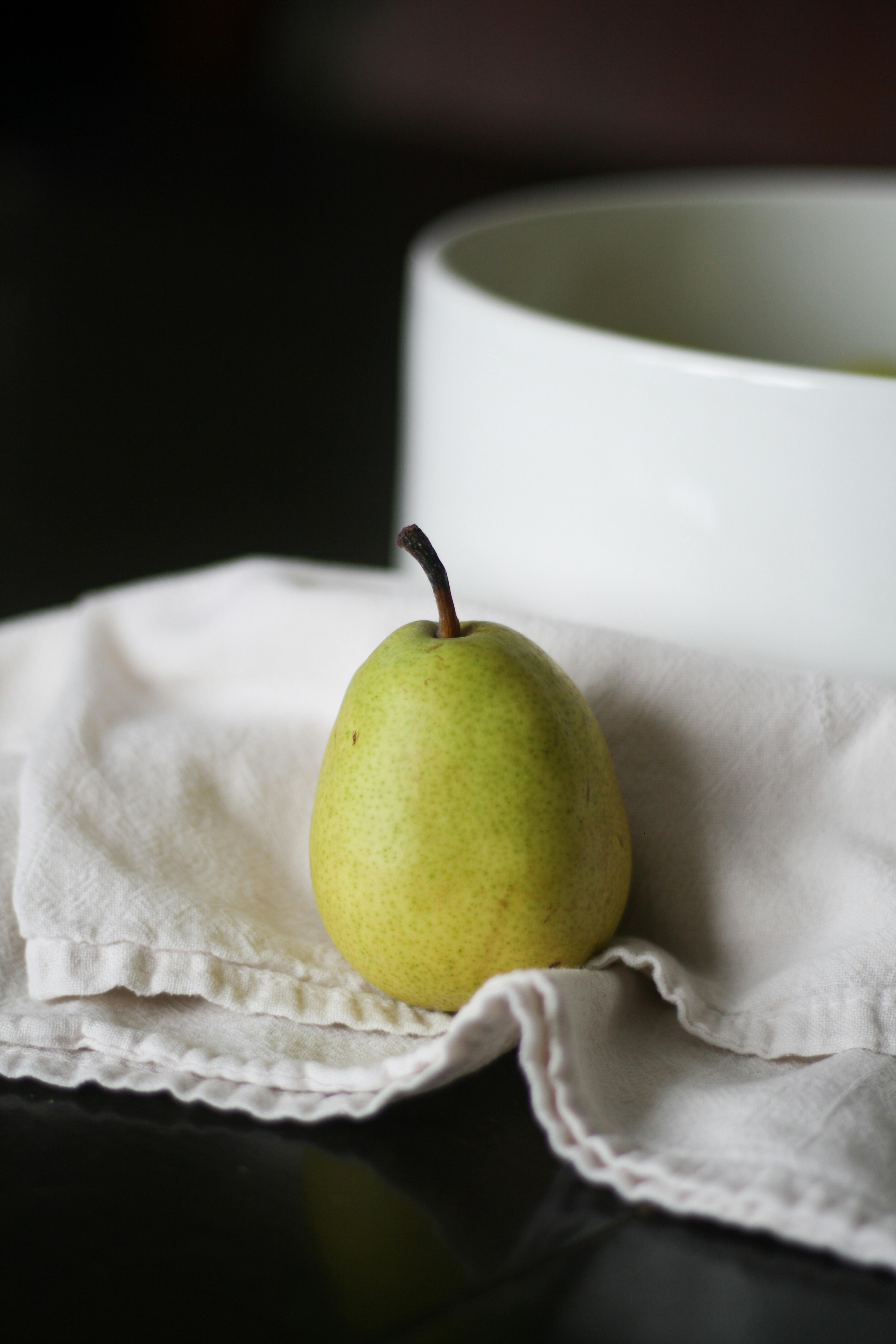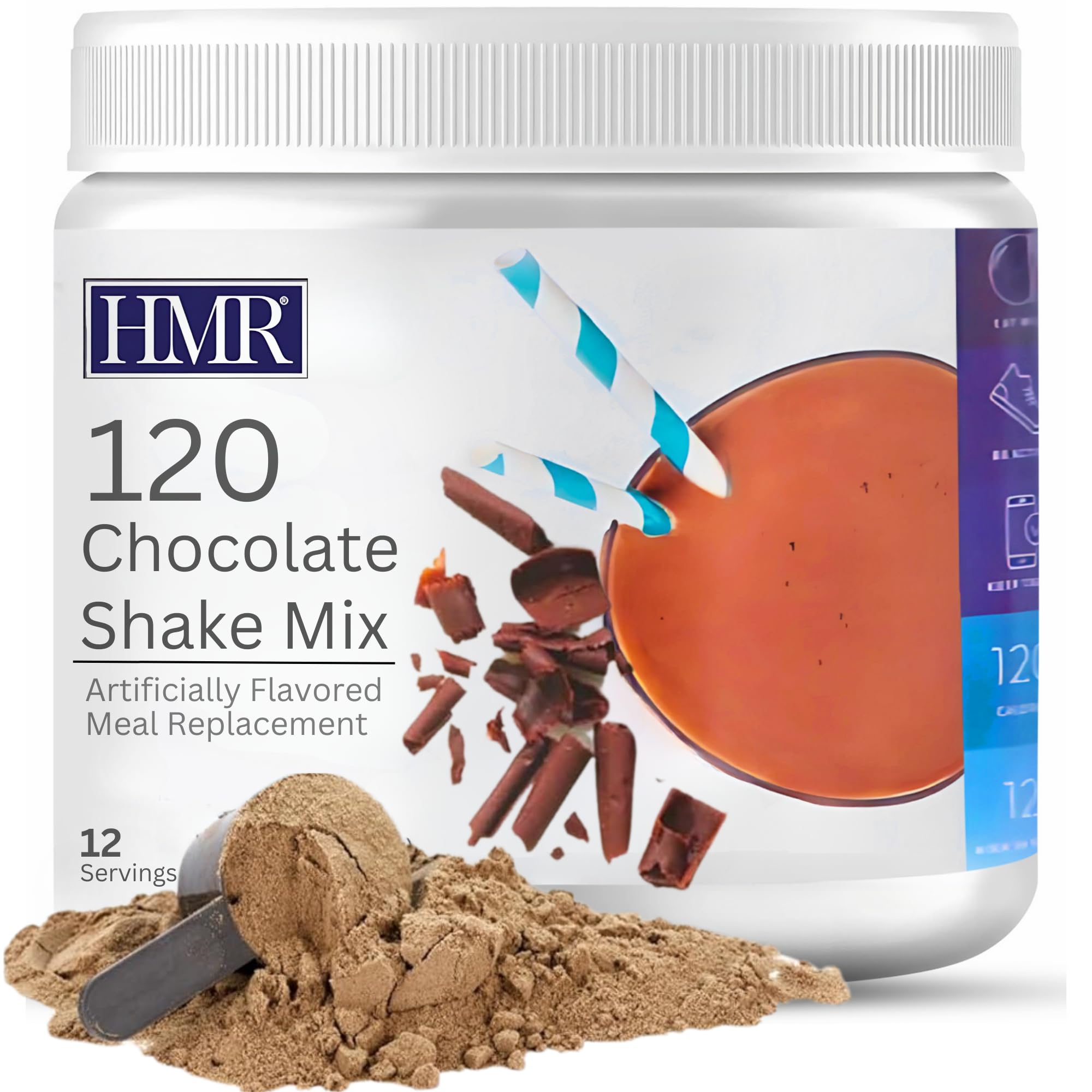Is Mayo Dairy Free? Essential Guide for 2025
In the quest for healthier eating habits and dietary accommodations, many individuals are asking, is mayo dairy free? Understanding the ingredients in mayonnaise and the differences between various types can help those with dairy sensitivities, dietary restrictions, or those simply seeking plant-based options. In this comprehensive guide, we’ll explore dairy-free mayo and its delicious alternatives.
Mayo Ingredients Explained
The first step in determining whether mayo is dairy free lies in understanding its core ingredients. Traditional mayonnaise primarily consists of oil, egg yolk, vinegar or lemon juice, and seasonings. Since none of these ingredients contains dairy, traditional mayo is typically considered dairy free. However, it’s essential to always read the label, as some mayonnaise brands might enhance their flavors with additional ingredients that may not be dairy free.
Understanding Dairy Products in Mayonnaise
When shopping for mayonnaise, it’s crucial to be aware of certain ingredients that are not standard in traditional recipes. For instance, certain flavored mayos or specialty brands might use dairy-based ingredients, such as milk or cream. Check for terms like creamy dressings or flavored mayonnaise that might include these intrinsic allergens. Always check for dairy-free labels on your favorite store-bought options to ensure they meet your dietary needs.
Homemade Dairy-Free Mayo
Creating your own homemade dairy-free mayo is a great way to ensure you’re using safe and healthy ingredients. You can blend different oils, like avocado or olive oil, with egg yolk, vinegar, and a touch of mustard or lemon juice for flavor. This easy dairy-free mayonnaise recipe allows you to customize flavors according to your preference—think garlic for a spicy kick or honey for a sweeter profile. Not only is it delicious, but it’s also an ideal choice for mayo for sandwiches or as a dip.
Best Dairy-Free Mayonnaise Options
For those who prefer store-bought options, there is a growing market for brands of dairy-free mayonnaise. Various products labeled as vegan mayonnaise often use plant-based emulsifiers instead of eggs. Some popular brands to consider include well-known names like Follow Your Heart or Hellmann's Vegan. These offer satisfying alternatives that mimic the texture and taste of traditional mayo while respecting your dietary preferences.
Dairy-Free Alternatives for Mayo
If you are considering alternatives, there are several products you can opt for, such as egg-free mayonnaise or those made with tofu or aquafaba (chickpea water) for a vegan twist. These mayo alternatives provide great taste while accommodating dietary restrictions. You might also explore variations like gluten-free mayo. Ensure that whichever product you choose is explicitly labeled for dietary compliance.
Flavored Mayonnaise for Enhanced Taste
The demand for unique flavors has led to the introduction of seasonal mayo recipes, enriched with herbs, spices, or infused ingredients. For an upgrade to your summer BBQ or a unique twist on lunch, consider products like chipotle or garlic mayo variants. Just like traditional mayo, these flavored options can be used in dairy-free recipes for dips, spreads, or mayonnaise for salads, adding a culinary flair without compromising dietary restrictions.
Health Benefits of Dairy-Free Mayo
Many consumers are turning to plant-based mayonnaise not just for dietary preferences but also for health reasons. With lower cholesterol levels and the absence of dairy, dairy-free mayo offers a healthier substitute for those looking to maintain a balanced diet. The natural fats present in mayo provide essential fatty acids that support overall health while also being egg-free and cholesterol-friendly.
Mayo vs Aioli: A Nutritional Perspective
The debate between classic mayo and aioli—a similar sauce made with garlic—often emerges when discussing custard-like dips. While traditional aioli is typically vegan, some store-bought versions may surprise you with dairy inclusions. When making a decision, compare labels closely; typically, both can provide rich flavor profiles with health benefits but adjusting based on nutrition of mayonnaise can enhance dietary choices.
Trends in Mayonnaise: A Comparison of Varieties
The market is witnessing a rise in versatility in mayonnaise types, moving beyond traditional variations to advents such as spicy or herb-infused offerings. Exploring mayo variations worldwide showcases how culinary traditions adapt an ingredient into various flavor profiles. Whether for dressings, sandwiches, or even mayonnaise for burgers, understanding these trends can deepen your appreciation for this common condiment.
Utilizing Dairy-Free Mayo in Recipes
If you’ve decided to incorporate dairy-free mayo into your diet, you'll want to explore a variety of culinary uses. It serves as a creamy base for dressings, is wonderful mixed into mayo in salad dressings, and can be a dip for veggie platters.
How to Make Dairy-Free Mayo at Home
A simple recipe to try includes using a food processor to blend 1 cup of a neutral oil (like canola), 1 tablespoon of apple cider vinegar, and a dash of mustard. Gradually mix in an egg while processing until the texture is creamy—this easy dairy-free mayonnaise is perfect for those who love a DIY approach while managing dietary needs. Store leftovers in your fridge for fresh use over the next week.
Using Mayo for Meal Prep
Incase you're prepping meals to make your busy week easier, using mayo in meal prep can enhance flavors while adding moisture to various dishes. Incorporate mayo into pasta salads or wraps to elevate the taste and ensure your meals are nutritious and tasty. In addition to bringing good flavor balance, mayonnaise for breakfast can elevate egg salads or breakfast burritos while conforming to dairy-free preferences.
Key Takeaways
- Traditional mayonnaise is generally considered dairy free, but checking ingredients is crucial.
- Homemade dairy-free mayo recipes allow for customization and dietary accommodations.
- Store-bought dairy-free mayo options are plentiful and cater to various tastes and health needs.
- Flavored mayonnaise variants can enhance dishes significantly.
- Understanding how to use dairy-free mayo can improve recipe variety and meal preparation.
FAQ
1. Is mayonnaise gluten-free?
Most traditional mayos are gluten-free, but always check labels for any cross-contamination, especially in flavored varieties.
2. Does dairy-free mayo taste different from regular mayo?
Dairy-free mayo can have slight differences in flavor and texture due to its ingredients, but many brands work hard to replicate the taste of traditional mayo.
3. What is the shelf life of homemade dairy-free mayo?
Homemade dairy-free mayo typically lasts about 1 week when stored properly in an airtight container in the fridge.
4. Can I freeze dairy-free mayo?
Freezing mayonnaise is not recommended as it may affect the texture upon thawing, making it grainy.
5. Are there any health risks related to consuming mayonnaise?
For most, mayonnaise is safe; however, those allergic to eggs should strictly avoid it or opt for egg-free versions.
By understanding these key points regarding mayo's dairy content and various alternatives, you can make informed dietary choices that enhance your meals while adhering to your nutritional preferences.


